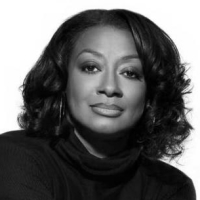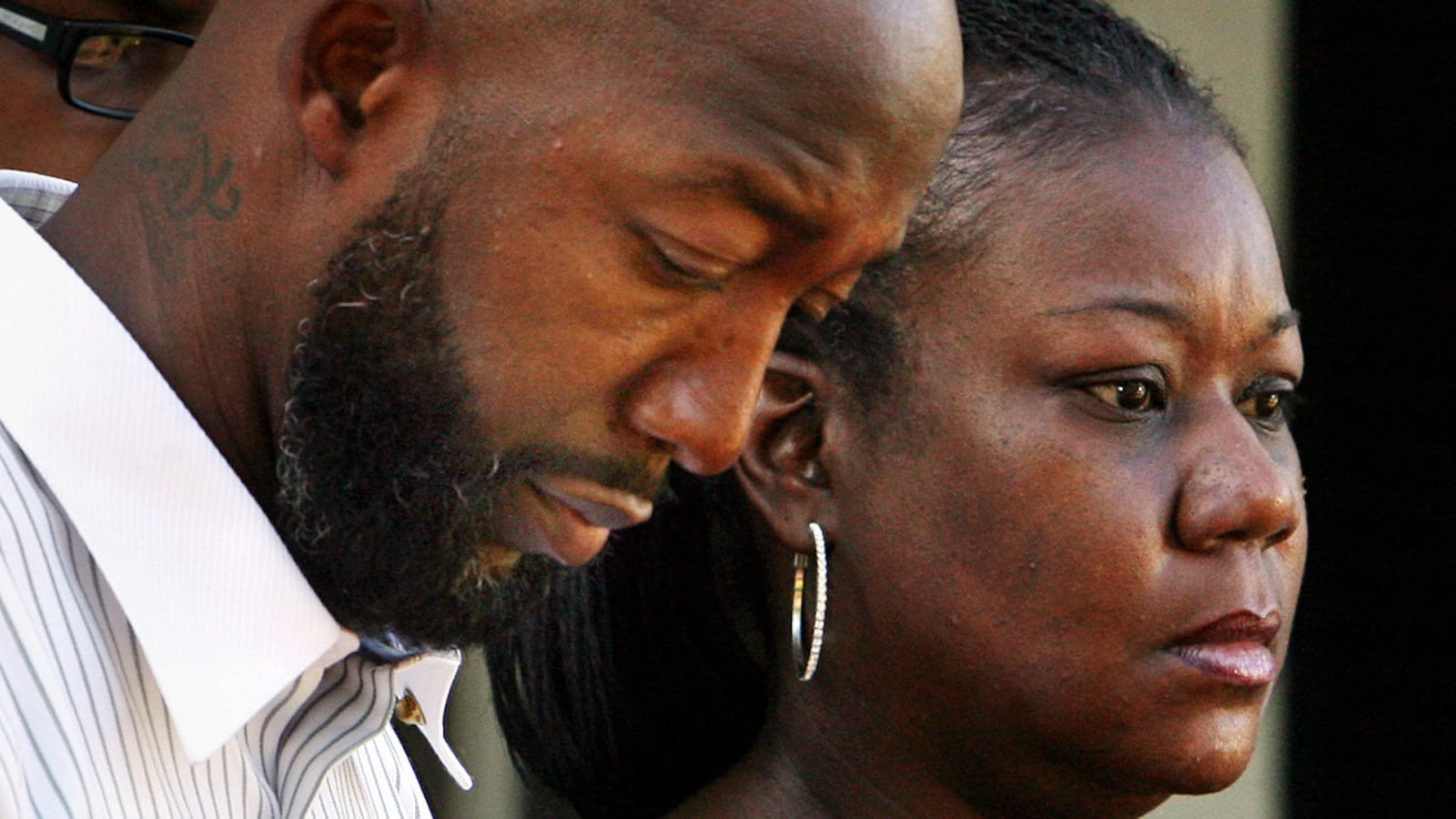With much fanfare, Oscar-winning actor George Clooney and his father were arrested in the nation’s capital Thursday for taking a stand on human rights. The Clooney men were put in handcuffs in front of the Sudanese embassy and taken to jail for protesting that country’s torture and bombing of its own innocent civilians.
Two weeks ago the 30-minute video “Kony 2012” shocked and mesmerized the world via YouTube. Jason Russell’s film revealed images and jarring details of thousands of African children kidnapped and murdered by Ugandan war criminal Joseph Kony.
“Kony 2012” spread virally like wildfire and at last count received more than 82 million views on the video-sharing website. Both African atrocities are horrifying as well as heartbreaking, and both are absolutely worthy of all the attention they’ve received.
Both tragedies occurred thousands upon thousands of miles away from the U.S.
Last month and much closer to home in Sanford, Fla., a 17-year-old African-American named Trayvon Martin took a walk to the corner 7-Eleven for a bag of Skittles. On his return walk home, a neighbor, George Zimmerman, a 28-year-old white man, apparently decided a young black man walking alone at night must equal trouble, so he made a call to the police. Somehow, not long afterward, Martin lay dead on the grass of a gunshot wound to the chest.
Details surrounding the high-school junior’s death have been few and far between, but a few facts have surfaced.
According to the police report, Martin was on foot while Zimmerman was in his car when the police were called. Martin was unarmed, while Zimmerman, a neighborhood watch leader, had a gun, the report says. Police say they told Zimmerman to leave any confrontation of the teenager to officials. It seems he may not have. According to police reports, he followed Martin, and an “altercation” ensued. By the time police arrived, the boy lay lifeless on the ground, and Zimmerman was standing nearby, his clothes bloody, according to media reports.

Zimmerman remains free, while the teenager has been laid to rest. Zimmerman claimed self-defense, and police apparently accepted his story at face value. He was not arrested and has not been charged with any crime.
Outrage over the controversial shooting has been slow to build and only found real traction last week as the result of black reporters like CNN’s Don Lemon and MSNBC’s Melissa Harris-Perry, along with and civil-rights activist and MSNBC host the Rev. Al Sharpton, drawing attention to killing. Cases involving allegations of foul play against minorities often receive less attention in the mainstream media than similar ones involving white victims.
Martin’s family reportedly is asking the FBI to investigate the killing of the unarmed youth. The family’s attorney, Ben Crump, has written to Attorney General Eric Holder—and the letter reportedly is being circulated by several members of Congress. An FBI spokesman told ABC News: “We are aware of the incident. We have been in contact with local authorities and are monitoring the matter.”
In the meantime, people like Sharpton are incensed that the case has prompted little action—or outrage.
“Any time an unarmed young teenager can be shot down for no apparent reason, we have a problem,” said Sharpton, who will lead a rally for the slain teen Thursday. “It’s not acceptable.”
It isn’t. But few famous or non-African-American voices have been raised to say much of anything about Trayvon Martin.
So far only 364,710 people have signed the Change.org petition demanding justice from the Florida district attorney’s office. That number is a far cry from the 82 million people who viewed the “Kony 2012” video or the hundreds of thousands of people who have pledged support or donated money to locate and prosecute the African warlord—in only a week.
Why such a vast disparity? Is an unspeakable injustice done thousands of miles away any different from an equally disturbing one that occurs next door? Can real justice, mercy, and compassion be demanded for those in a foreign land and not for those closer to home? Is it somehow easier to feel the pain and suffering of those of a different race and browner faces when they aren’t so up close and personal?
Make no mistake that the ever-growing number of innocent people being tortured and murdered in Darfur and elsewhere in Africa (a continent that has seen far too much death, poverty, and war) requires and deserves the vigilant support of the likes of everyone, including Clooney and other famous, wealthy, or well-connected humanitarians.
But that same interest, outrage, and concern must also extend to those with brown faces who are victims of unjust actions and unfair circumstances in this country as well. Otherwise, there simply is no justice at all.





